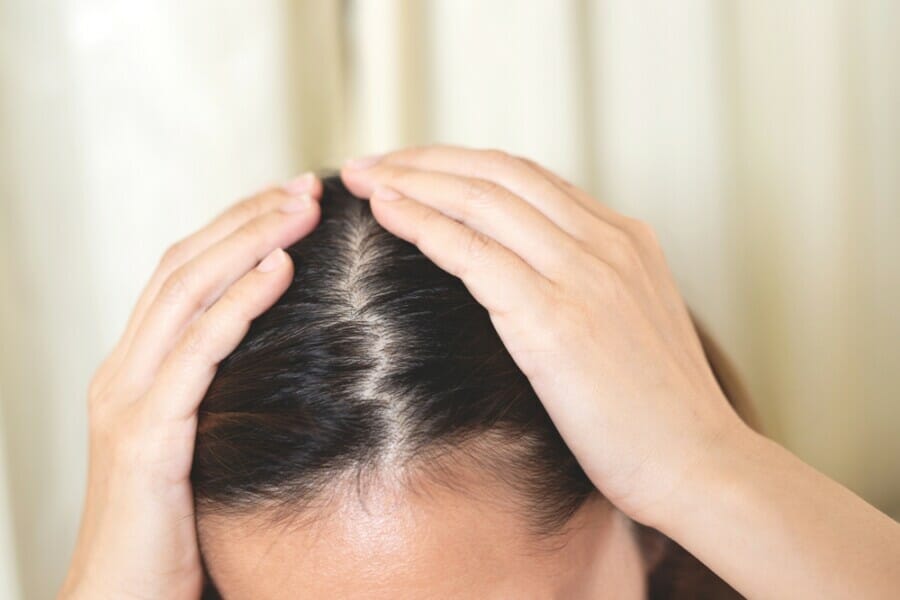The Best Ways To Manage Common Skin Conditions
Skin diseases are prevalent and affect nearly 900 million individuals globally, with just five conditions accounting for 80% of these cases.
Some skin conditions resolve on their own without any treatment, while others are chronic and may worsen with exposure to specific allergens or chemicals. Stress is also a common factor that can exacerbate skin conditions.
Common skin health conditions include:
- Acne
- Eczema, including atopic dermatitis
- Hives
- Psoriasis
- Rosacea
- Shingles
- Sunburn
Each condition is unique and requires specialized treatment by a reputable dermatologist in Norman, OK. In this article, we will explore effective ways to manage some common skin conditions to alleviate symptoms and prevent worsening of the conditions.
Acne
Acne is a prevalent skin disorder that primarily affects teenagers and young adults.
It is mainly triggered by hormonal changes leading to excess oil production by the skin’s sebaceous glands. Additionally, factors such as poor diet, inadequate skin hygiene, or overuse of oily skincare products can worsen acne.
Managing acne may involve dietary improvements to ensure optimal nutrient intake. Adjusting skincare routines by opting for mattifying products over oil-based ones can also be beneficial.
Dermatologists may prescribe medications like Roaccutane and topical retinoids to reduce the severity of acne.
Eczema
Eczema manifests as patches of dry, red skin. While its exact cause is unknown, it is believed to result from an autoimmune reaction in the body.
Triggers for eczema include exposure to environmental toxins, scented beauty products, mold, and food allergens. Stress can also exacerbate eczema flare-ups.
Treatment for eczema often involves the use of topical and oral medications. Identifying and avoiding common triggers can aid in managing eczema effectively.
Psoriasis
Psoriasis presents as red, dry patches of skin that may feel rough to the touch. These patches commonly appear on the scalp, elbows, knees, and back, with varying severity over time.
While there is no definitive cure for psoriasis, its symptoms can be managed using topical medications or systemic injections. Consult your dermatologist to determine the most suitable treatment options for you.
Rosacea
Rosacea is a chronic skin disorder that primarily affects facial skin. Triggers for rosacea include stress, sun exposure, and alcohol consumption.
Symptoms of rosacea include dry, red patches of skin that lead to a flushing effect. These areas may feel sensitive and burn when skincare products are applied.
To effectively manage rosacea, it is advisable to:
- Avoid direct sunlight and use SPF protection when outdoors
- Select skincare products suitable for sensitive skin
- Manage stress levels
- Take prescribed antibiotic medications under the supervision of a dermatologist
















